Desire in John Wray’s Godsend
Aden Grace Sawyer, the young white American woman inspired by John Walker Lindh who leads John Wray’s latest novel, is on a mission from God.
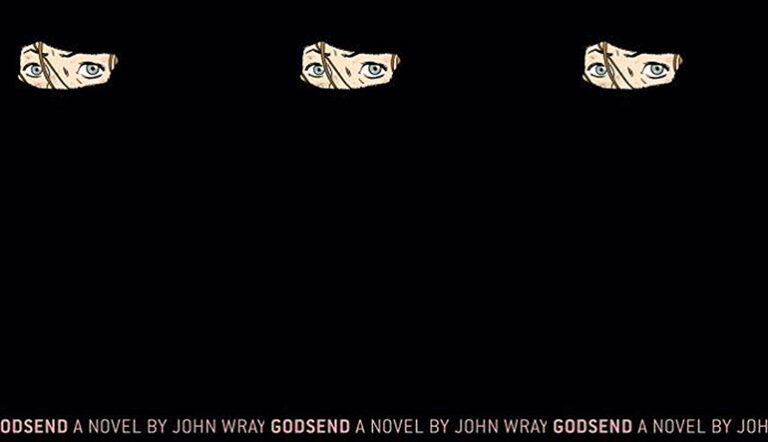
Aden Grace Sawyer, the young white American woman inspired by John Walker Lindh who leads John Wray’s latest novel, is on a mission from God.
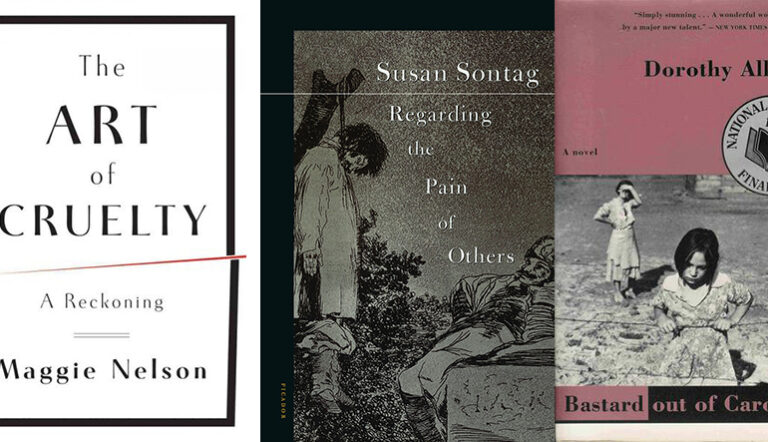
What do we learn from new depictions of brutalized bodies in literature?
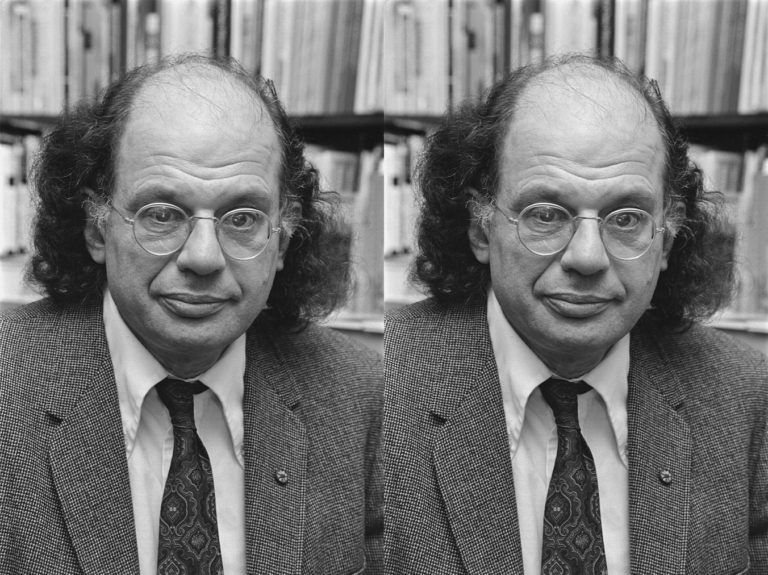
I left Hungary in 1981, and never questioned that freedom of speech has always been a feature of the West.
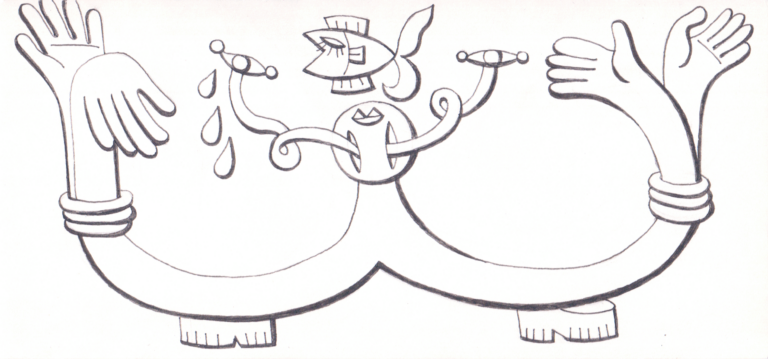
Kim Hyesoon’s poetry collection recognizes the necessity of tracing lives erased and extinguished by political repression, patriarchy, and capitalist imperialism.
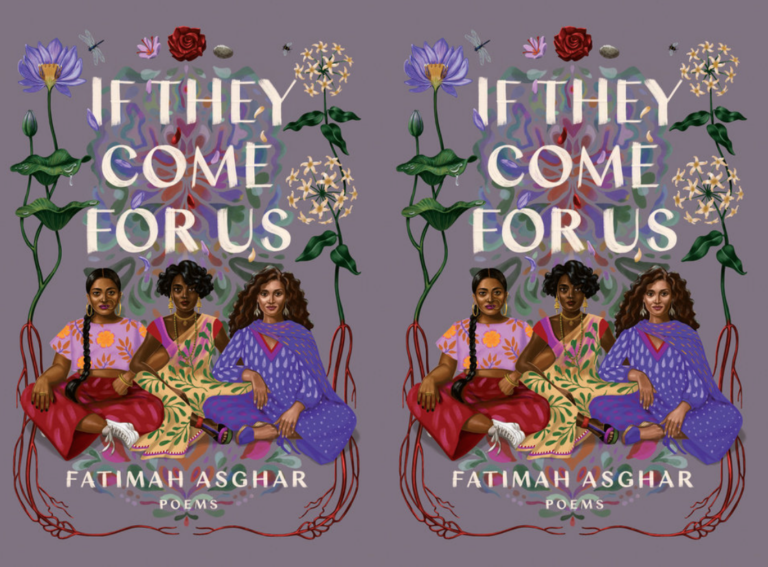
In Fatimah Asghar’s acclaimed 2018 debut, the past is the present is the future. History, particularly the traumatic history of diaspora, echoes deafeningly through the narrator’s present-day pain, joy, oppression, and affirmation.
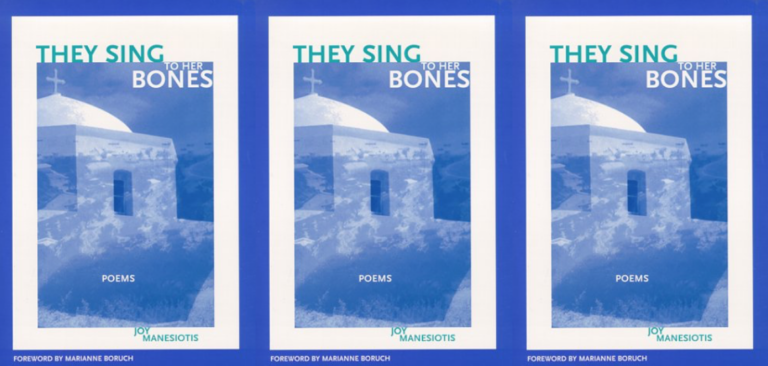
Poetry reading isn’t increasing because people are rediscovering Edna St. Vincent Millay or Robert Hayden, though rediscoveries may be a happy byproduct of readers’ increased exposure to living writers.

Somewhere between “fiction” and “nonfiction” sits the military veteran, pen and paper in hand, wondering why they lived while their friends died.

Lilliet Berne, the orphan turned courtesan turned opera star who serves as the protagonist of Alexander Chee’s 2016 novel, embodies the complicated interchange of power and weakness that accompanies a woman’s silence.
Natalia Ginzburg’s 1963 novel is a record of a lost world and a lost way of life. Its insistently domestic narrative style, in its humanizing particularity, is also an act of resistance against the ascendant totalitarian ideologies looming over its characters’ lives.
No products in the cart.